In a powerful and impassioned speech at the Concert Noble in Brussels, NATO Secretary General Mark Rutte delivered a stark warning about the evolving global security landscape, urging NATO countries to increase defence spending and adopt a wartime mindset to deter future conflicts.
Addressing citizens directly, Rutte said, “It’s you I’m talking to. It’s your support I need. It’s your voices and actions that will determine our future security.â€
Rutte painted a grim picture of the current security environment, describing it as the worst in his lifetime. He highlighted Russia’s ongoing aggression in Ukraine, which has resulted in over one million casualties since February 2022.
Russia’s ambitions, he warned, go beyond Ukraine: “Putin is trying to fundamentally change the security architecture that has kept Europe safe for decades. And he is trying to crush our freedom and way of life.â€
He also called attention to the broader challenges posed by China, Iran, and North Korea. China, in particular, is rapidly expanding its military capabilities, including nuclear weapons and disruptive technologies such as artificial intelligence and space systems. According to Rutte, “Russia and China are racing ahead. We risk lagging behind. This is very dangerous. But it does not have to be.â€
Rutte called for an urgent shift in how NATO approaches defence. He criticised decades of underinvestment and fragmented defence industries across Europe, declaring, “Our defence industry has been hollowed out by decades of underinvestment… Meanwhile, Russian arms factories are churning out war equipment around the clock.â€
He underscored the need for governments to streamline procurement processes, eliminate barriers to industrial collaboration, and provide long-term contracts to incentivise production. “Buying only big-ticket items that are delivered too late will not keep us safe. We also need modern capabilities that use the most advanced technologies. And we need them now.â€
Rutte’s message to citizens was equally direct: “Tell your banks and pension funds it is simply unacceptable that they refuse to invest in the defence industry. Defence is not in the same category as illicit drugs and pornography. Investing in defence is an investment in our security. It’s a must!â€
Rutte argued that NATO’s longstanding benchmark of spending 2% of GDP on defence is no longer sufficient. “We are going to need a lot more than 2%,†he said, pointing out that European countries spent far more during the Cold War. He reminded listeners of the stakes: “If we don’t spend more together now to prevent war, we will pay a much, much, much higher price later to fight it. Not billions, but trillions of euros.â€
Rutte concluded with a rallying cry for collective action. “In politics, there is a time to talk, a time to decide, and a time to act. Today, I call for your support. Tell [your politicians] they need to spend more on defence so that we can continue to live in peace.â€


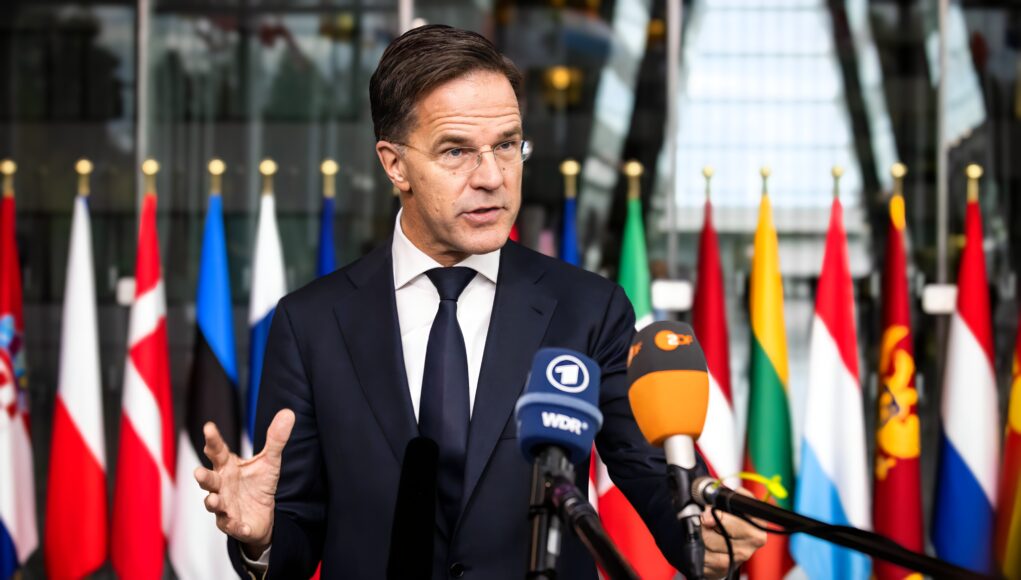
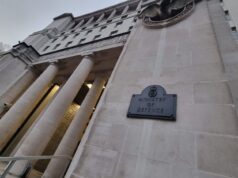


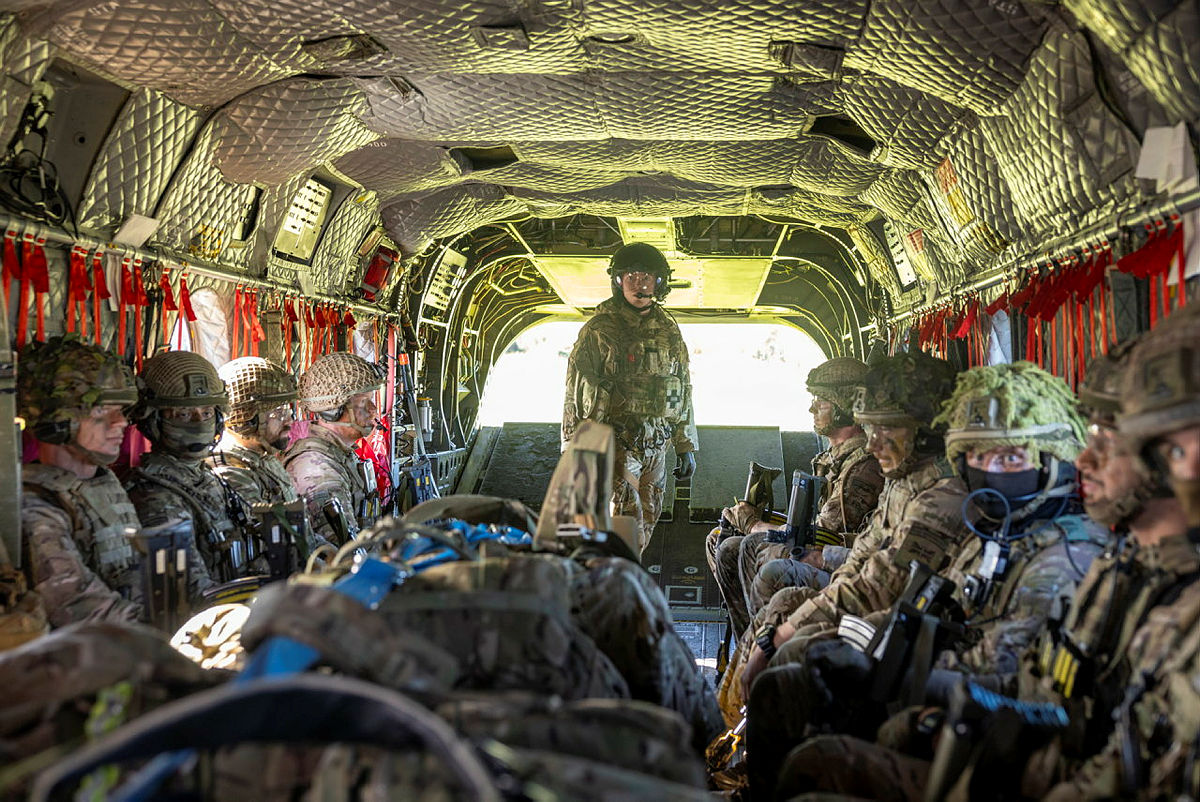

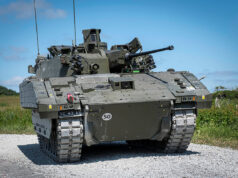
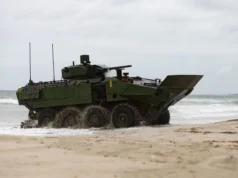
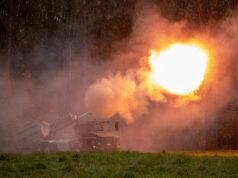

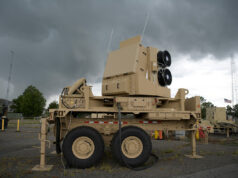

In a nutshell, Trump is in power in 5 weeks, Nato is bricking it and wants to show willingness plus Rutte will want his yearly bonus which I doubt be on the table if the biggest investor in Nato pulls out.
NATO did not brick it last time Trump was in power and he was initially totally disinterested in NATO and minded to pull out.
I disagree, this has zero to do with Grump. It is a stark reality of the current world situation. They could raise defence spreading and it is no guarantee Trump will hour article 5.the stark reality is the US is an unreliable partner and it is time NATO became 32 countries not the US plus 31.
However good luck getting them to spend more.
22 ENATO countries do now spend at least 2% so there has been an improvement in the last 8 years.
I agree that we should not have blind faith in any US ‘guarantee’ to aid Europe in time of war.
Si vis pacem para bellum. A very simple truth.
Were Starmer and Reeves listening? Probably not, too busy tanking the economy.
The issue with European nations is not the GDP spent it is how it is spent. Many of the larger nations, the Uk, Germany, France Italy and others duplicate research, development yet they all are working to the same type of standard. An example MBTs the French have their tank, the Italians their design, the Germans theirs and the Brits another, yet they are all to the same concept a 120mm gun, a range of 300 miles, a speed of 30mph and designed to withstand inpact from enemy fire. If Europe was to have one design that means they could pick the best design and build it for all of Europe. Much more cost effective. Until Europe moves away from doing things independently then you will never get a good cost return on investment.
Yes 3% of GDP is a logical step for nations to move to and hopefully sooner rather than later but Europe and that includes the UK must get away from going alone and start working as one. There are some areas where nations might need to go alone such as warships and submarines but where possible work as one to get the finacial advantage of numbers.
In theory makes total sense, in reality remind me how joint projects normally end up?
That is a real but minor part of the problem, unlikely to be solved when so much European defence manufacturing is state owned.
The bigger problem is defence equipment inflation. A Trafalgar SSN cost@£200m in the mid 1980s, equivalent to @£590m today. The Astutes have cost more than twice that. The same applies to surface warships ( compare T23 cost to T26), to combat aircraft, AFVs. The reduction in numbers a country can afford then results in manpower cuts so forces shrink little by little.
A Rand Corporation study on US procurement costs concluded that wage and material prices accounted for only a small proportion of defence inflation. The biggest cause by far was customer specification.
A clear recent example of this is what has happened to the US Constellation class frigates. Having opted for a proven design, the USN has made so many changes that it is almost a new vessel.
Obviously sensors and PGMs need to be kept effective. But over specifying the platforms that carry them has to be avoided if increased mass is to be achieved. Whilst Israel used F35s to suppress AA defences before their attacks on Iran, the attacks were carried out by F16s and F15s, both 50 year old designs.
If we go on spending £1b on a frigate, £100m+ on a combat jet, £10m on a tracked AFV, numbers will never increase.
Ron, are you American? Many Americans think that Europe is or should be a homogenous entity.
Spending more is not good enough.
There needs to be a benchmark set for actual varied conventional force levels – with UK, France, Germany, Italy the obvious choices for having a having a higher mark than others.
We could spend endless billions more and it still ends up pissed up the wall, or goes on nuclear and anything but actual kit and assets, and still provide the inadequate force levels we do now.
Politicians will just hide behind the % given, if they reach it or not.
That’s a very good point and it could also be used to hold the MOD more accountable for the money they spend.
You flip flop so much now….. It’s rather telling that those of us banned members are seeing what we once told you is right after all….. I loved your last rant about numbers…… Especially when you defended the Tornado, Harrier and F35 cuts….. Got me banned as well, again.
Still here and seeing your stuff though.
Good luck with the UK spending 3% on defence MR Rutte .